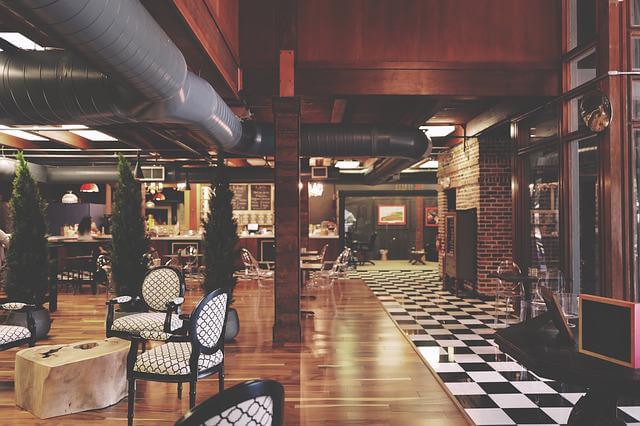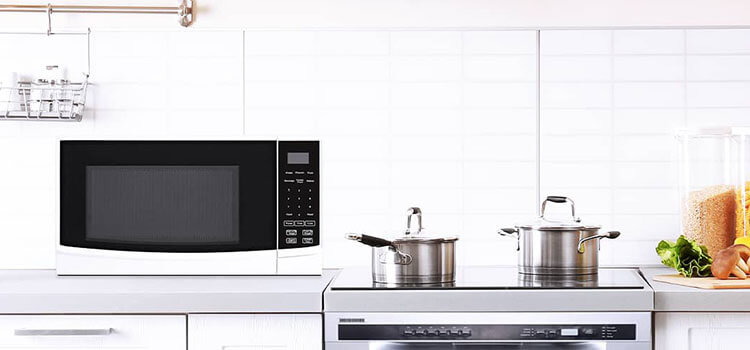To become a successful business owner, you need to be a person who can evaluate these decisions objectively and view your business as a comprehensive whole.
There are several factors to consider when deciding whether or not to upgrade your commercial appliances.

1. Degrading Performance
If your old equipment is reliable and earns you great money, there might be greater value in maintaining it for a few more years. If you can keep up with customer demand and the sporadic repairs are manageable, it might not be cost-effective to upgrade it yet.
But if you find yourself constantly dealing with breakdowns or slow production times, it will be costing you in lost business.
As commercial appliances get older, they may become less reliable and less efficient. Additionally, older appliances may not meet current health and safety regulations. If your appliances are approaching the end of their expected lifespan, it may be wise to consider upgrading to newer models to avoid potential safety hazards and to ensure that your appliances are operating efficiently.
Thus, any time you notice performance degradation in a piece of equipment, consider your initial capital investment, the age of the machine, and the cost of repairs. Once the cost of repairs begins to exceed the value of a replacement, or equipment that can’t meet demand and sets your business back. it’s time to move on.
2. New Business Needs
If your business has grown or changed, you may need to upgrade your appliances to accommodate increased demand or changes in your operations. For example, if you have expanded your menu or increased the volume of food you are producing, you may need larger or more efficient appliances to keep up with demand.
Besides your expanding needs, new models with new functions might also be the driving force for a replacement. Because you might be missing an opportunity by sticking with the old equipment. Upgrading doesn’t only mean saving on repairs, but increasing the possibilities. A new asset with new functions may mean new ways to make a profit.
When planning to replace equipment for these reasons, it pays to be conservative. If your old equipment has worked well for your kitchen staff, then be sure that the new volume of orders is more than a short-term spike. Once you’ve established that this new business is here to stay, evaluate both the current needs of your kitchen staff and your future needs. Since these items all represent significant capital expenditures for both equipment and installation, you should plan your purchase to last your business for as long as possible.
3. Workflow Issues
Staff workflow issues can be another good indication that upgrades are necessary. These issues can arise as a result of old or outdated equipment or poor initial kitchen planning. If your staff has problems moving between stations or retrieving ingredients, then your kitchen likely suffers from workflow problems.
Working with old, outdated, or poorly performing equipment can frustrate your kitchen staff, slow down your order fulfillment time, and even create safety hazards.
Always include your staff in any discussions about potential workflow issues. Attempt to determine if a particular appliance run creates slowdowns or safety concerns, and identify any old equipment in that run that may be worth replacing.Upgrading to newer appliances can save your business money on utility costs in the long run. Many newer commercial appliances are designed to be more efficient than older models, which can translate to significant cost savings over time.
If you decide to replace this troublesome equipment, be sure to consider ways that you can improve workflow at the same time.

Now you have an idea about when you should replace or upgrade your old equipment. The new question is what is the most cost-effective method to upgrade your equipment?
The answer is to listen to the balance sheet.
Weigh up the overall costs of sticking with what you have, versus purchasing new equipment. Evaluate the value of your old asset, versus the cost of keeping it functioning. Evaluate its physical value plus the value it adds to your product or service. Ultimately, the decision to upgrade your commercial appliances will depend on your specific business needs and circumstances. It is important to consider the costs and benefits of upgrading before making a final decision.
Replacing your equipment all at once to optimize your performance or to solve functional issues just is not financially realistic for most organizations, but you can replace the equipment step by step as per to what extent it influences your business.

At Smeta, We build customer solutions, whose purpose is to help business owners thrive by integrating good appliances into their overall business strategy and using it to solve their greatest business challenges. If you’d like to learn more about our appliances, leave us a message.






